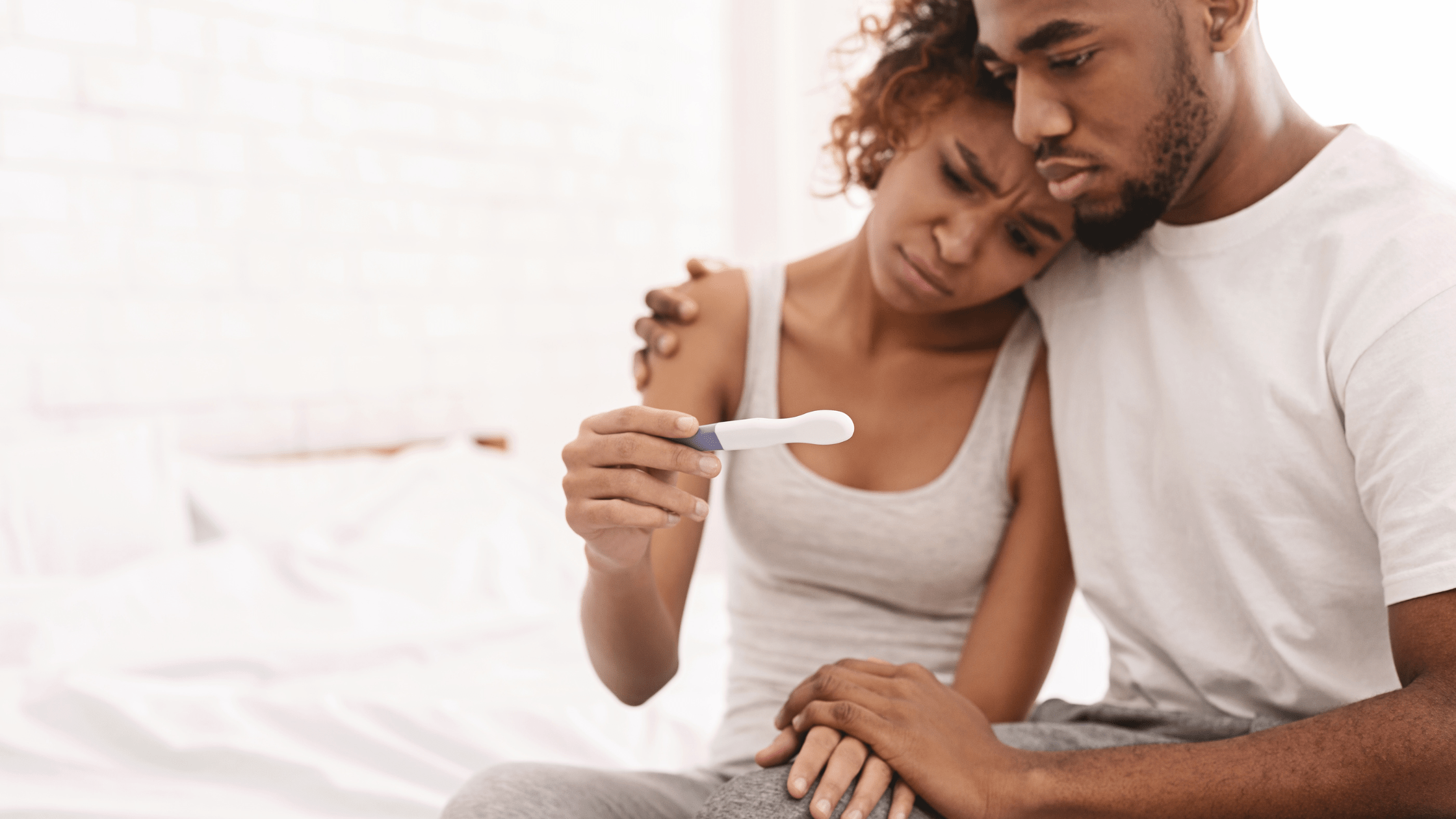Common Signs Of Infertility

When should I contact a doctor?
If you are under 35 and have been trying for a year, or over 35 and trying for 6 months, then it’s time to contact your doctor. At this stage, there are still many things that can be done to increase your chances and your doctor can advise you about your options. They will talk to you and your partner (if you have one) and may do some investigations to try to identify the root cause.
Common signs of infertility in women
- Having irregular periods makes it very difficult for a woman to work out when she is likely to ovulate, thus making conception more difficult. Irregular periods could be hormone related, or due to PCOS (polycystic ovarian syndrome).
- PID (Pelvic Inflammatory Disease) caused by untreated chlamydia, can lead to a blockage of the fallopian tubes, meaning that fertilisation cannot occur
- Heavy or painful periods could be a symptom of endometriosis – a treatable condition, that could be reducing your chances of getting pregnant
- No periods could be a sign of stress, but if it’s for an extended time, it may be a sign of early menopause
- Sometimes, other hormonal issues can affect fertility, causing painful sex, reduced sex drive, excess or thinning hair or skin issues.
Female factor infertility accounts for around 40% of fertility issues
Common signs of infertility in men
- Testicle pain or swelling, or small, firm testicles, could be an indication of underlying fertility issues
- Erectile disfunction is often linked to hormone levels, which can also affect fertility
- Changes in virility/sexual desire can also indicate fertility problems
- Trouble ejaculating is also something that needs to be checked out
Male factor infertility accounts for around 30% to 40% of fertility issues
What can fertility investigations reveal?
In women, doctors can confirm or rule out PID, PCOS, endometriosis or menopause.
In men, doctors can test for low sperm count, low sperm motility or abnormally formed sperm.
In both women and men, doctors can test for coeliac disease – some research suggests that having coeliacs disease can affect fertility and/or cause miscarriage or premature birth.
Unexplained infertility in couples
After discussion and fertility tests on both partners, around 20% of couples will be diagnosed with unexplained infertility issues. This can feel very frustrating and may or may not mean that you can get pregnant eventually, but depending on your age and how long you have been trying for, you may want to consider other options.
What are my options if I have diagnosed or undiagnosed infertility?
Depending on the diagnosis, some of the options may include:
• Continue to try for longer, if age is not an issue
• IUI (intrauterine insemination) – a type of artificial insemination where sperm that have been washed and concentrated are placed directly into the uterus around the time of ovulation
• Fertility drugs
• IVF (in vitro fertilisation)
• IVF with ICSI (intracytoplasmic sperm injection, used with IVF for men with infertility)
• Donor eggs
• Donor sperm
Frequent advances in the field of medicine, mean that doctors have been continuing to discover more of the causes and more potential treatments for infertility.
If you find that you are still unable to conceive, the doctor can recommend the best course of action for you to take, based on your age, diagnosis and personal circumstances.